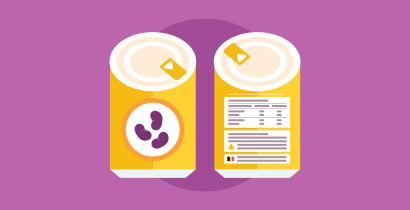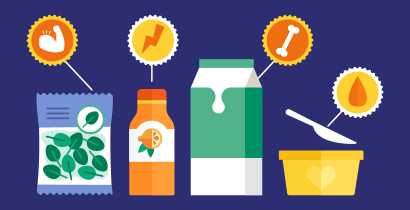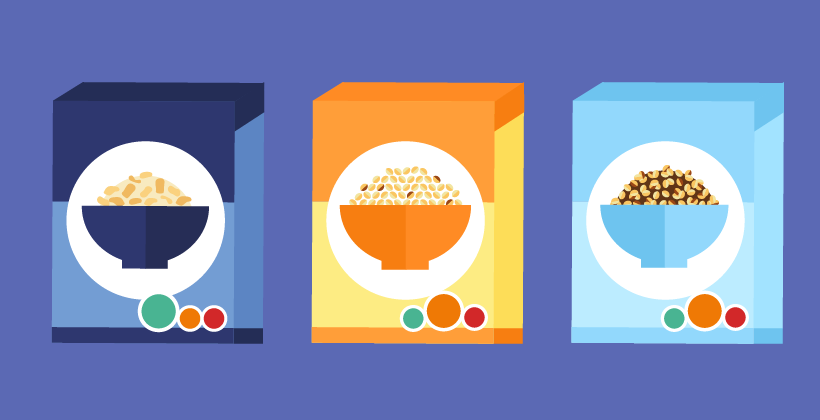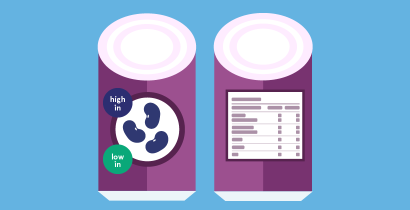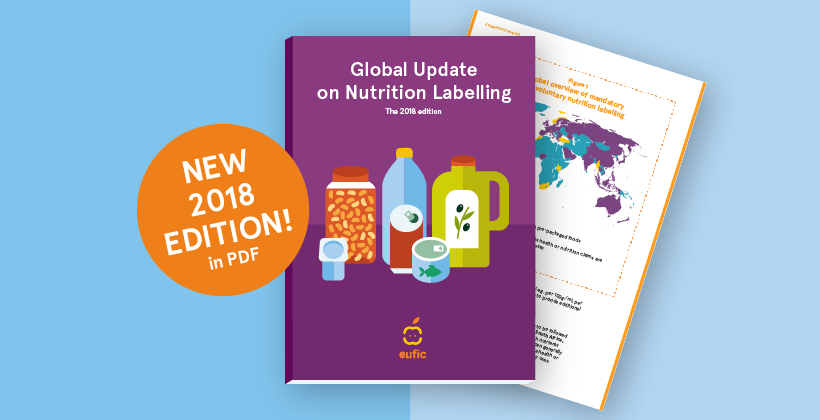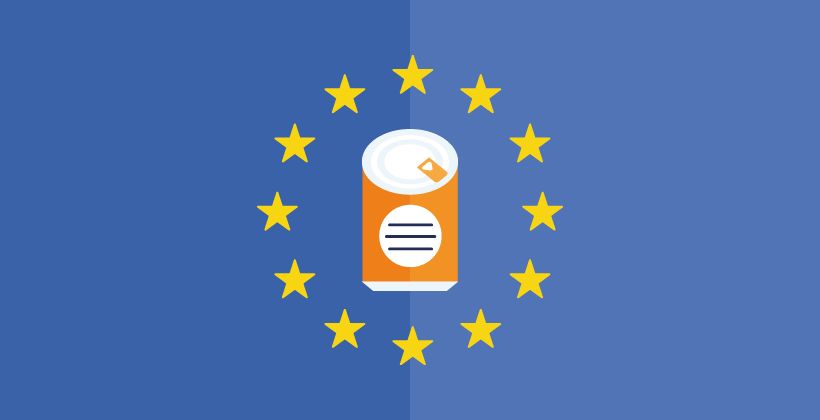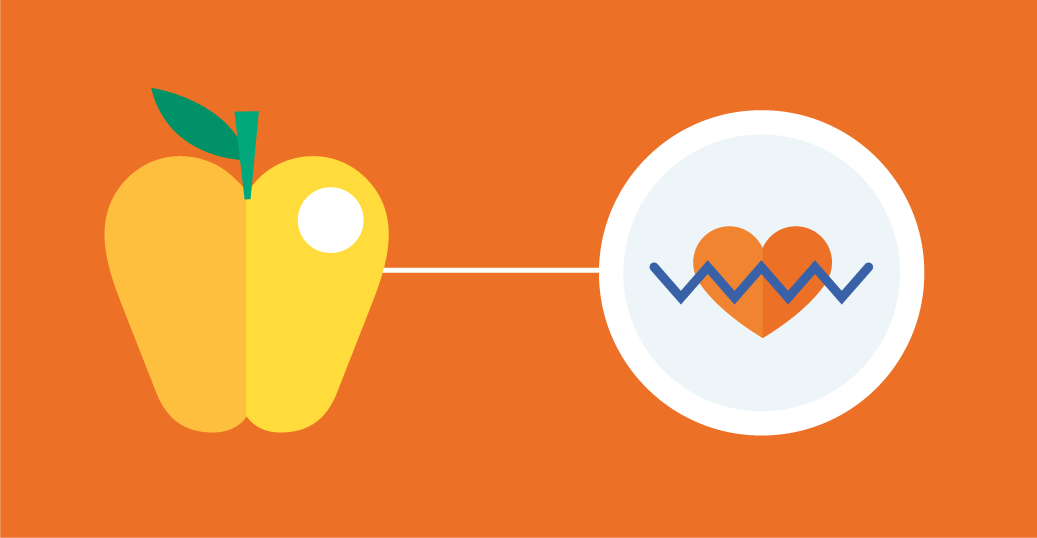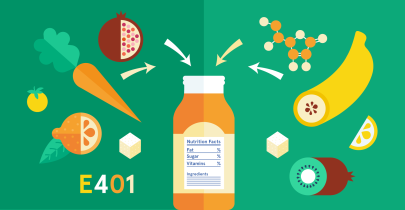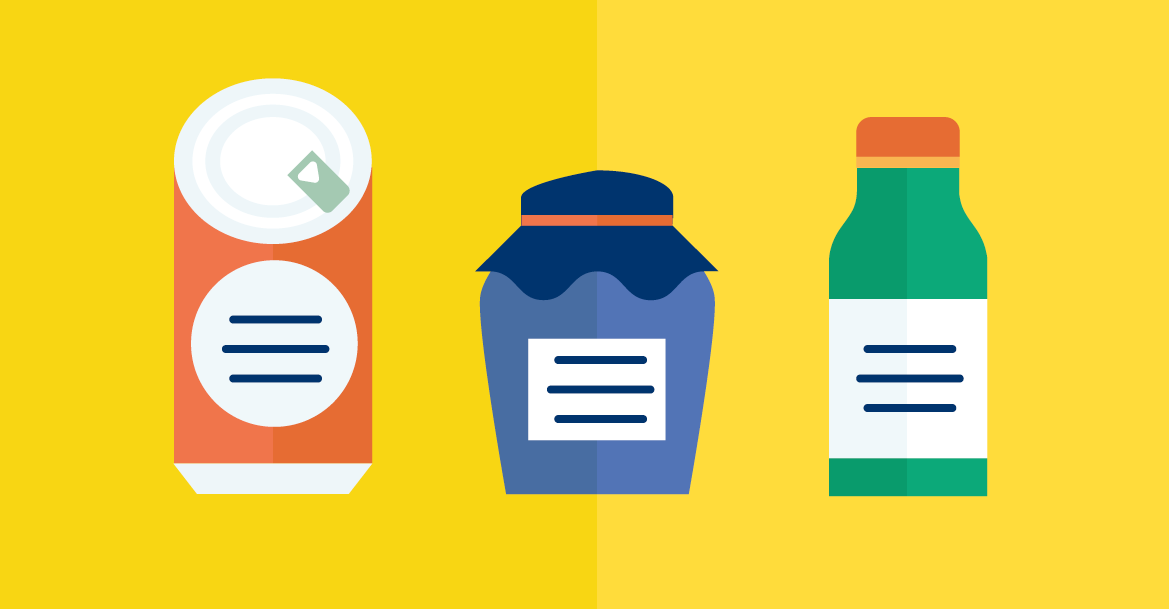Nutrition Labelling
Labelling the nutritional content of food has become important not simply because the consumer has a right to know what is in food products, but also to help us make proper dietary choices so we can follow a healthy, well-balanced diet. Do you know what information you can find on food package labels, and how to understand it?
What information can we find on food packaging?
10 July 2024Food labels contain nutrition and health information, giving us knowledge about the foods and drinks we buy. Do you know what we can find on food packaging?
What are nutrition and health claims?
10 July 2024In the EU, three types of claims are allowed to be made on food packaging: nutrition, health, and disease risk factor reduction claims. What do they mean?
Front-of-pack nutrition labelling
08 July 2022This article explains what is front-of-pack nutrition labelling and why it exists, and showcases some of the most common front-of-pack labels used in Europe.
Understanding nutrition information (infographic)
06 September 2020Learn how to compare foods and make healthier food choices by understanding nutrition information displayed on pre-packaged foods with our infographic.
Global update on nutrition labelling (The 2018 edition)
18 July 2018265 euros (VAT included)
This Global Update on Nutrition labelling seeks to provide a comprehensive overview of the state of play on the issue today: What are the major nutrition labelling initiatives adopted or in the pipeline to date? How do they work? What do the various stakeholders say? Where is the debate heading? What does the research show?
New insights into nutrition labelling in Europe
30 March 2012Nutrition labels can help consumers make more healthful choices about food, but scientific insights into how these labels are used in real-life shopping situations are limited. The aim of the EU-funded project, FLABEL...
Nutrition and Health Claims in Food Labelling
16 July 2007Nowadays more food labels contain nutrition and health information that gives us useful knowledge about the food we buy. It can help us to understand the contribution different foods make to our health and well-being and to choose a more balanced diet.
Understanding Ingredients In Food Labels
11 September 2006People like to know what is in their food. However, food labels may not always be easy to understand. Learn how to read the ingredients on food labels.
Labels, the key to consumer choice
03 August 2004To be able to choose a well-balanced, healthy diet, consumers need to understand what is in the food they buy. More importantly, allergy-sufferers need to be sure that they are not buying something with potentially unpleasant or, in some cases, serious, even fatal, consequences.
